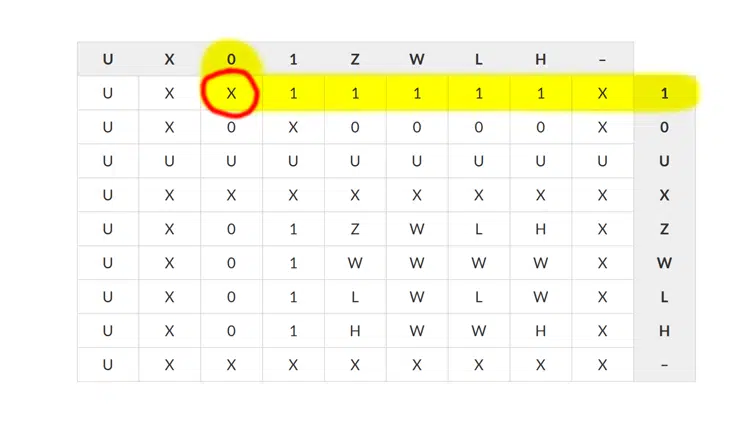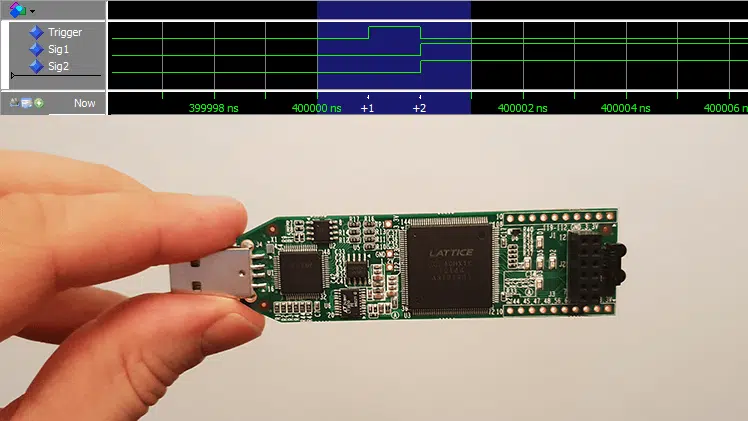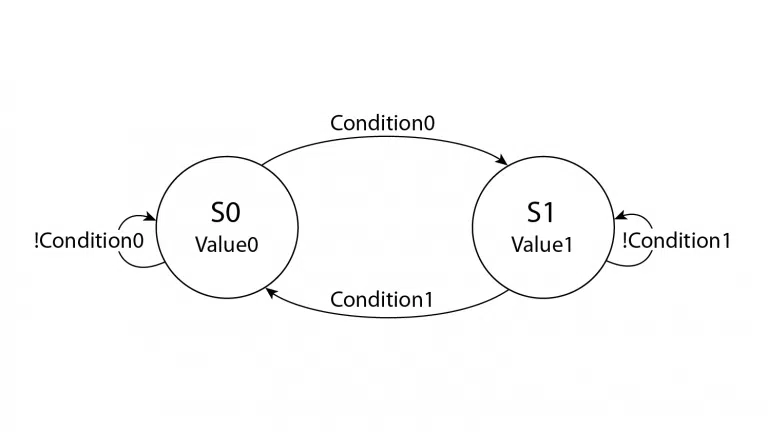std_logic vs std_ulogic
VHDL includes few built-in types but offers several additional types through extension packages. Two of the most widely used types are std_logic and std_ulogic. The difference between them is that the former is resolved while the latter isn’t. Before we go on to investigate what it means that a type is resolved, let’s first look…



